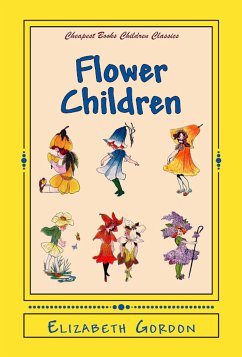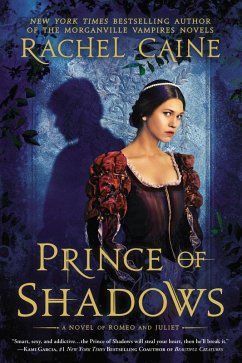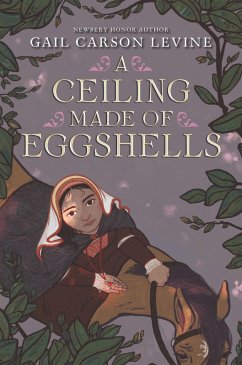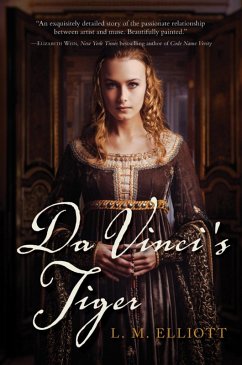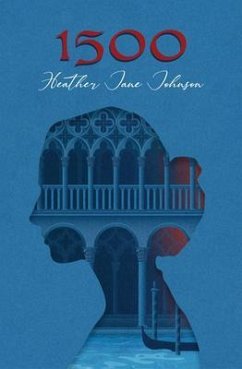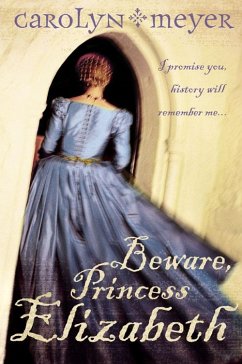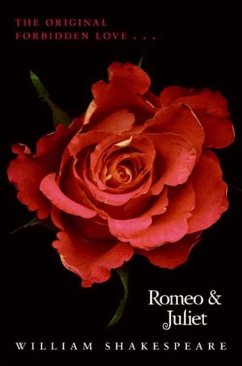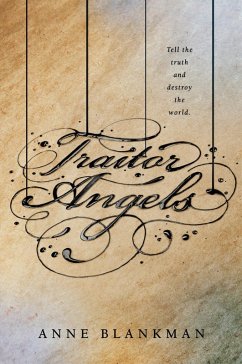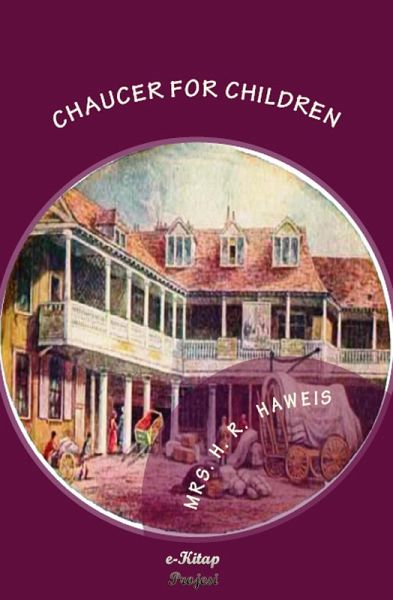
Chaucer for Children (eBook, ePUB)
"A Golden Key"
Illustrator: Haweis, H. R.
Versandkostenfrei!
Sofort per Download lieferbar
1,99 €
inkl. MwSt.
Weitere Ausgaben:

PAYBACK Punkte
0 °P sammeln!
This is a copious and judicious selection from Chaucers Tales, with full notes on the history, manners, customs, and language of the fourteenth century, with marginal glossary and a literal poetical version in modern English in parallel columns with the original poetry. Six of the Canterbury Tales are thus presented, in sections of from 10 to 200 lines, mingled with prose narrative. Chaucer for Schools is issued to meet a widely-expressed want, and is especially adapted for class instruction. It may be profitably studied in connection with the maps and illustrations of Chaucer for Children.We ...
This is a copious and judicious selection from Chaucers Tales, with full notes on the history, manners, customs, and language of the fourteenth century, with marginal glossary and a literal poetical version in modern English in parallel columns with the original poetry. Six of the Canterbury Tales are thus presented, in sections of from 10 to 200 lines, mingled with prose narrative. Chaucer for Schools is issued to meet a widely-expressed want, and is especially adapted for class instruction. It may be profitably studied in connection with the maps and illustrations of Chaucer for Children.We hail with pleasure the appearance of Mrs. Haweiss Chaucer for Schools. Her account of Chaucer the Tale-teller is certainly the pleasantest, chattiest, and at the same time one of the soundest descriptions of the old master, his life and works and general surroundings, that have ever been written. The chapter cannot be too highly praised.Academy.The authoress is in such felicitous harmony with her task, that the young student, who in this way first makes acquaintance with Chaucer, may well through life ever after associate Mrs. Haweis with the rare productions of the father of English poetry.School-Board Chronicle.Unmistakably presents the best means yet provided of introducing young pupils to the study of our first great poet.Scotsman.In her Chaucer for Schools Mrs. Haweis has prepared a great assistance for boys and girls who have to make the acquaintance of the poet. Even grown people, who like their reading made easy for them, will find the book a pleasant companion.Guardian.The subject has been dealt with in such a full and comprehensive way, that the book must be commended to everyone whose study of early English poetry has been neglected.Daily Chronicle.We venture to think that this happy idea will attract to the study of Chaucer not a few children of a larger growth, who have found Chaucer to be very hard reading, even with the help of a glossary and copious notes. Mrs. Haweiss book displays throughout most excellent and patient workmanship, and it cannot fail to induce many to make themselves more fully acquainted with the writings of the father of English literature.Echo.The book is a mine of poetic beauty and most scholarly explanation, which deserves a place on the shelves of every school library.School Newspaper.For those who have yet to make the acquaintance of the sweet and quaint singer, there could not well be a better book than this. Mrs. Haweis is, of course, an enthusiast, and her enthusiasm is contagious. Her volume ought to be included in all lists of school booksat least, in schools where boys and girls are supposed to be laying the foundations of a liberal education.Literary World.Mrs. Haweis has, by her Chaucer for Schools, rendered invaluable assistance to those who are anxious to promote the study of English literature in our higher and middle-grade schools....Although this edition of Chaucer has been expressly prepared for school use, it will be of great service to many adult readers.School Guardian.CHATTO & WINDUS, PICCADILLY, W.
Dieser Download kann aus rechtlichen Gründen nur mit Rechnungsadresse in A, B, BG, CY, CZ, D, DK, EW, E, FIN, F, GR, H, IRL, I, LT, L, LR, M, NL, PL, P, R, S, SLO, SK ausgeliefert werden.




